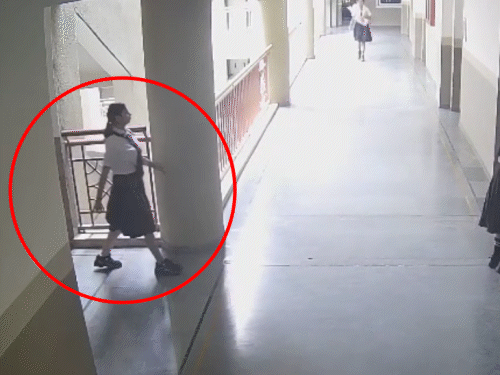The Emotional Strain of a Tough Season: Colorado Rockies Grapple With Mental Toll of Losing Streaks
The Colorado Rockies’ 2025 season highlights the emotional toll of losing streaks, with players facing mental health challenges and calls for stronger support systems.

The Colorado Rockies’ 2025 campaign has been a rollercoaster defined not only by struggles on the field but also by the invisible weight that losing seasons can place on athletes. While fans focus on statistics, lineups, and win-loss records, behind the scenes players are carrying emotional burdens that often go unnoticed. For the Rockies, whose season has been marked by prolonged slumps, the psychological battle may be as demanding as the physical one.
The Human Side of the Rockies’ Struggles
Veterans and rookies alike have spoken candidly in recent weeks about the atmosphere in the clubhouse. Prolonged losing streaks create an environment where players begin questioning not only their skills but also their resilience. According to those close to the team, frustration builds quickly when individual performance cannot overcome collective shortcomings.
“Baseball is already a sport of failure—most hitters don’t succeed seven out of ten times,” said a former Rockies player in a local radio interview. “When the team is in a rut, that pressure multiplies. It’s not just about your batting average; it’s about carrying the weight of an entire fan base.”
This mental grind takes its toll. Players face constant scrutiny from the media, fans, and sometimes their own peers. Add to that the grind of a 162-game season, and it becomes clear why morale dips in prolonged stretches of defeat.
Mental Health and Professional Sports
The Rockies’ current situation highlights a broader issue across professional sports: how teams address emotional resilience and psychological well-being. In recent years, Major League Baseball has taken steps to expand mental health resources, ensuring that players have access to counseling, therapy, and stress management programs. Yet, as seen in the Rockies’ struggles, those efforts remain a work in progress.
Sports psychologists argue that treating athletes as complete human beings—not just physical performers—is critical. Studies show that depression, anxiety, and burnout are common in professional baseball, particularly during losing seasons. If left unaddressed, the mental toll can shorten careers and erode a team’s long-term cohesion.
Leadership and Locker Room Dynamics
For Colorado, leadership within the clubhouse becomes crucial during hard times. Veterans are often looked to as stabilizing forces, capable of keeping younger players focused on improvement rather than frustration. Coaches and management also play pivotal roles. Their ability to strike a balance between accountability and empathy can determine whether morale deteriorates or gradually recovers.
Reports indicate that Rockies management has made efforts to introduce more structured team-building exercises and improve communication between staff and players. These initiatives, while small, may help build a culture of resilience that carries over to future seasons.
Fan Expectations vs. Player Well-Being
Another challenge lies in fan expectations. Colorado supporters, known for their passion, expect results even when the odds are stacked against the team. Players frequently acknowledge the intensity of playing in front of a demanding home crowd at Coors Field.
The pressure from fans, amplified by social media, can fuel self-doubt and mental exhaustion. Analysts suggest that Rockies leadership must find a way to balance fan expectations with realistic goals, especially in a season where playoff hopes have dimmed.
Lessons for Sports Organizations
The Rockies’ season underscores a growing conversation in sports: the necessity of prioritizing mental health alongside physical training. Other leagues, including the NBA and NFL, have begun more openly integrating mental health strategies into player development.
Baseball, with its grueling schedule and culture of toughness, still lags behind in some areas. Experts argue that organizations should normalize psychological support, making it as routine as physical therapy or strength training. Doing so would not only help players endure slumps but also cultivate healthier, longer careers.
Looking Ahead
As the Rockies play out the remainder of their season, the focus may shift less to the standings and more toward the emotional resilience of the players themselves. Can the team find strength in adversity, building bonds that outlast the slump? Or will the emotional toll deepen, leaving scars that extend into next year?
One thing is clear: the Rockies’ story this season isn’t just about wins and losses. It’s about the human spirit—its fragility, its resilience, and its capacity to adapt under pressure.
What's Your Reaction?
 Like
0
Like
0
 Dislike
0
Dislike
0
 Love
0
Love
0
 Funny
0
Funny
0
 Angry
0
Angry
0
 Sad
0
Sad
0
 Wow
0
Wow
0








































































